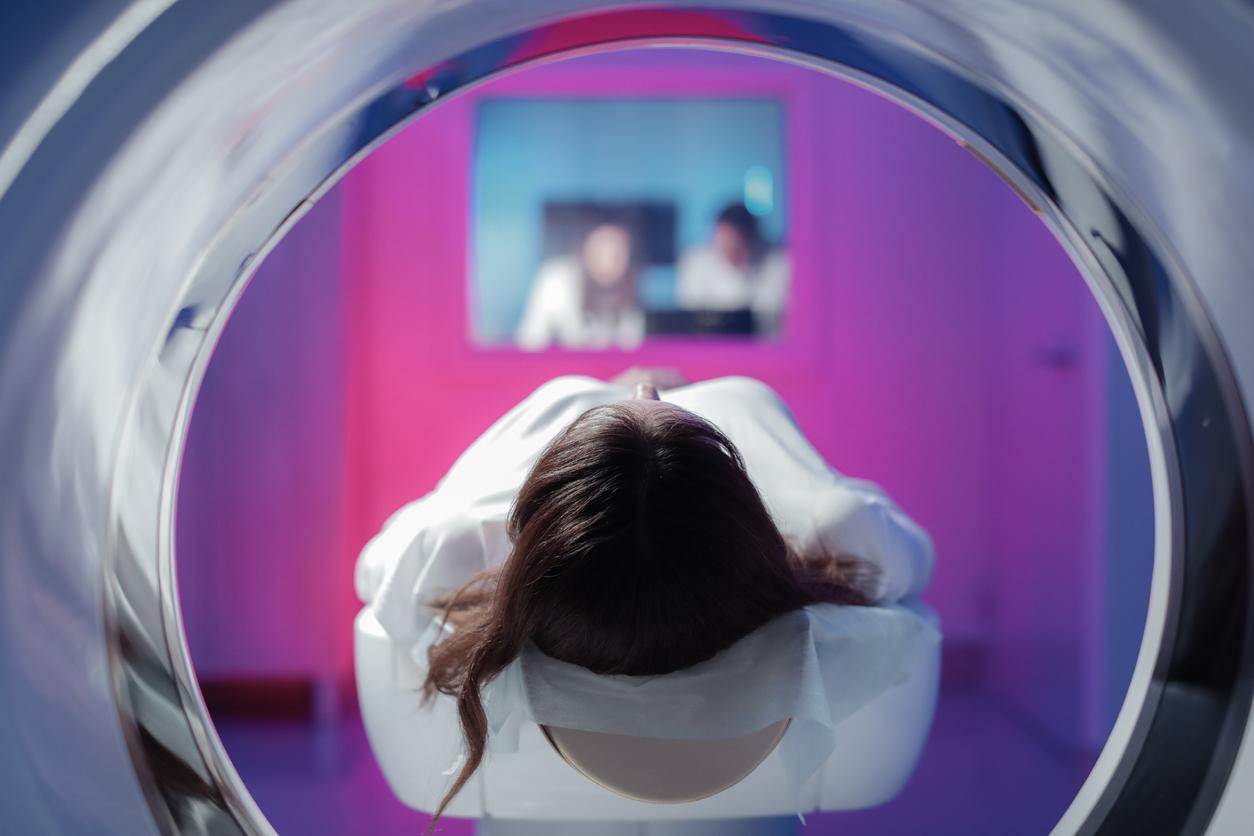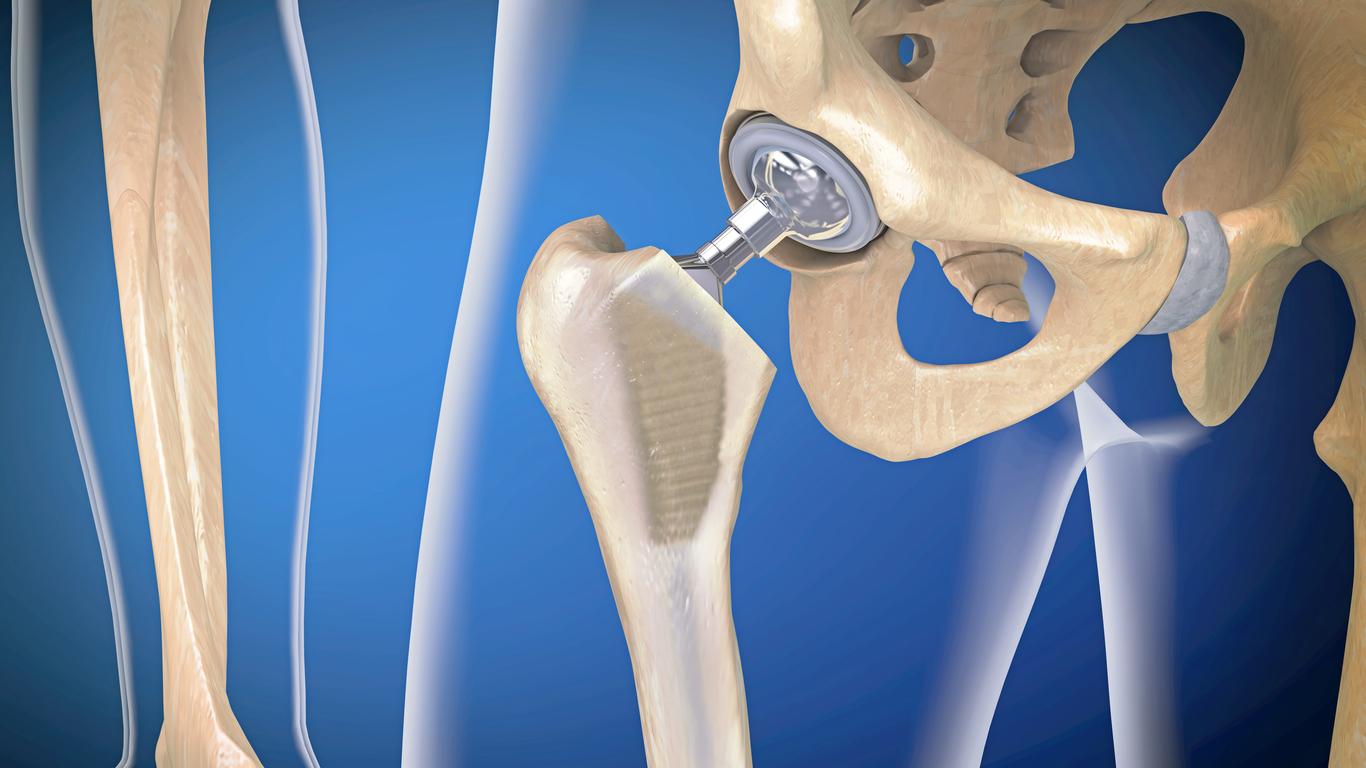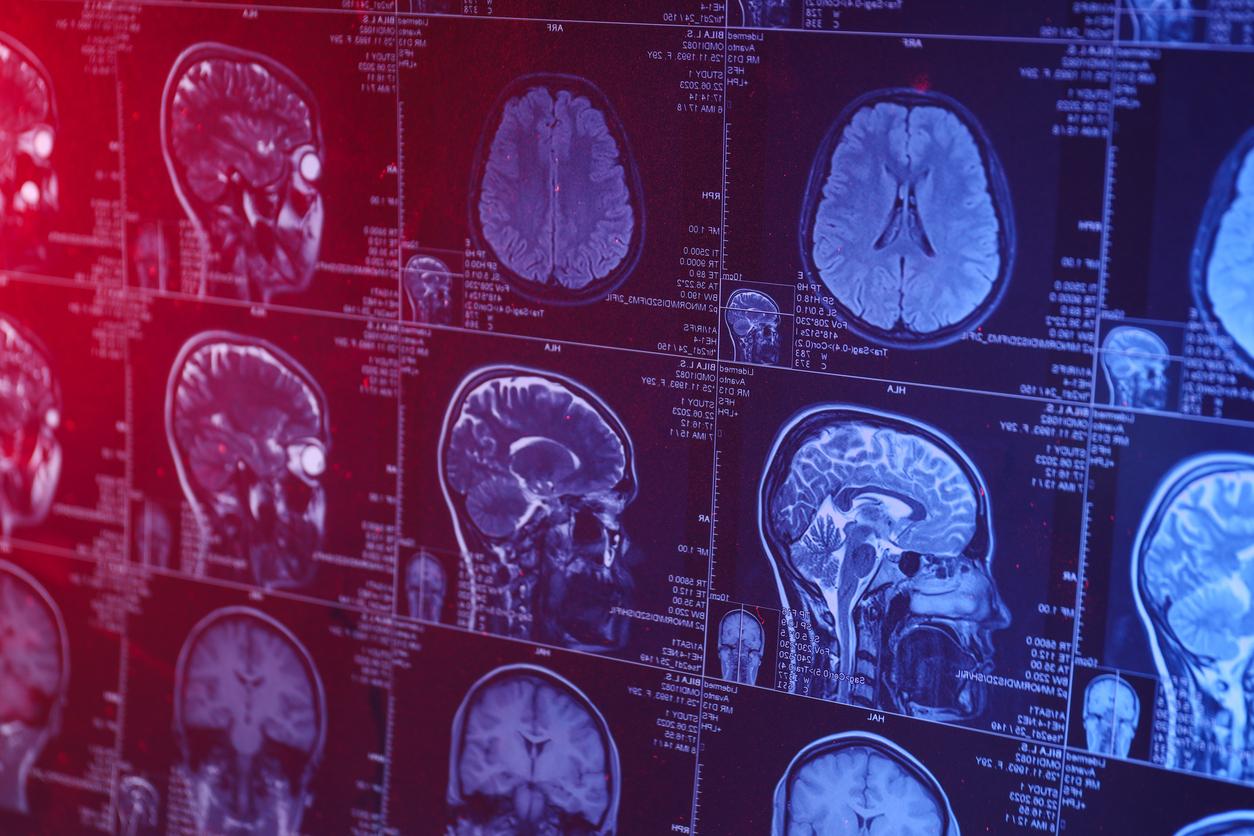Faced with the risk of brain tumour, the ANSM publishes new instructions on the use of progestogen drugs.

- Progestins could present a risk of development of meningioma in women, indicates the ANSM.
- A meningioma is a meningeal tumour.
- The ANSM has published recommendations to limit the risk.
A brain tumor that stabilizes or regresses when treatment is stopped: this is what prompted the National Medicines Safety Agency (ANSM) to publish new recommendations on the use of progestins.
The risk of meningioma increases with taking progestins
Some progestins (Androcur, Lutenyl, Luteran and generics) were already subject to monitoring, but the ANSM indicates one ““class” effect of progestins on the risk of meningiomas cannot be excluded“. The Effect”class” means it is common to a whole category of drugs,
Other progestins (Colprone, Utrogestan, Duphaston and Dienogest) are thus affected by these new recommendations.
These drugs are used in various gynecological pathologies (endometriosis, fibroids, particularly long and/or heavy periods, cycle disorders), in hormone replacement therapy (including menopause); but also in obstetrics (sterility by luteal insufficiency, repeated abortions), specifies the health authority. They are also used in some birth control pills, and they are not safe.
Indeed, between 2019 and 2020, successive epidemiological studies have demonstrated a risk of meningioma – which increases with the dose received, for three progestins (Androcur, Lutenyl, Luteran and generics), indicates the health agency.
Meningioma can affect young adults
A meningioma is a tumor that develops from the meninges. She is referred to as “benign” because it does not usually evolve into fatal metastases, but can cause serious neurological disorders.
Exposure to ionizing radiation or taking certain hormonal treatments promotes the development and growth of this type of tumor, indicates theHealth Insurance. In the general population, it is estimated that 9 out of 100,000 people are susceptible to developing a meningioma each year.
The meningioma represents more than one primary brain tumor (without metastasis) out of three; it is the most common brain tumor from 35 years old. It particularly affects women (69% of cases)a predominance which decreases after the menopause.
Meningioma: the use of progestins may be contraindicated
The ANSM has therefore implemented numerous measures aimed at limiting this risk. Thus, in the event of a history of meningioma or existing meningioma, the introduction of one of these progestogen treatments is contraindicated, except in exceptional cases to be assessed by doctors.
Treatment should be prescribed at the lowest effective dose with the shortest possible duration of use. The interest in continuing the treatment must also “be reassessed regularly (every year), especially around menopause, the risk of meningioma increasing sharply with age“.
A cerebral MRI should be performed in the event of neurological clinical signs suggestive of a meningioma (headaches, vision, language, memory and hearing disorders, nausea, dizziness, convulsions, loss of smell , weakness or paralysis), adds the ANSM.
















